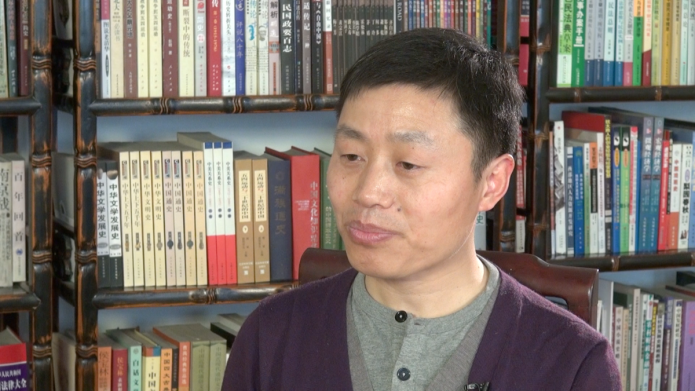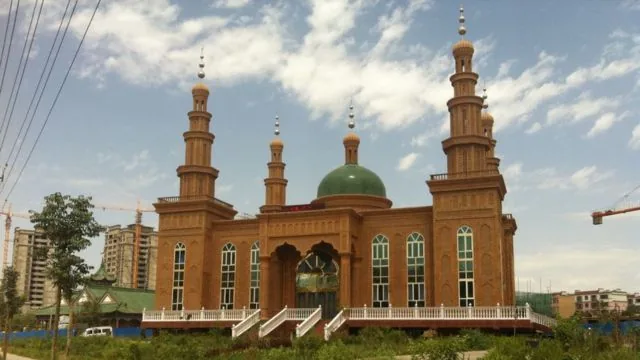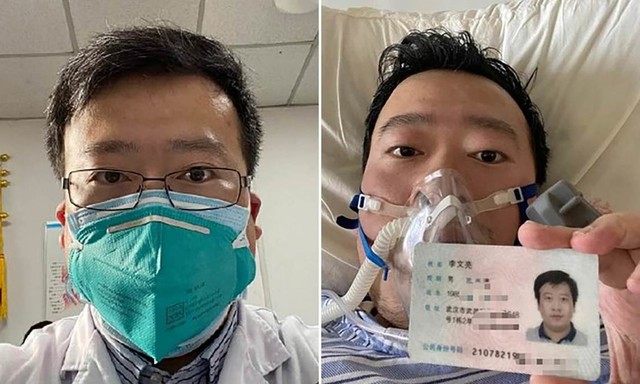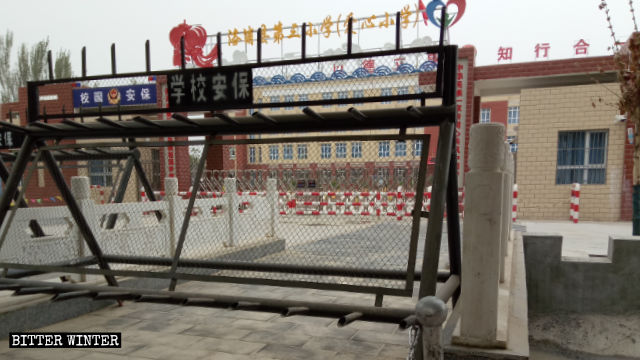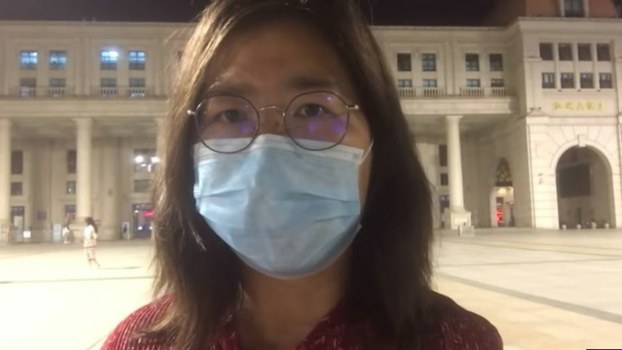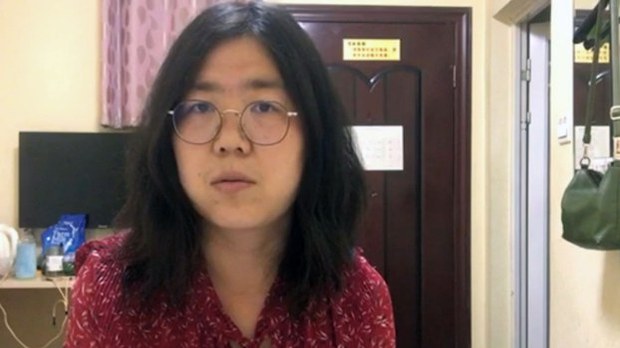Forced collection of biometric data intensifies all over China, aimed at even broader surveillance of residents. Ethnic minorities and believers are prime targets.
by Chang Xin
The Ministry of Public Security started creating a national DNA database in the 2000s as part of a larger project known as the Golden Shield. The collection of residents’ biometric data for the database is now widely implemented throughout mainland China. Disguised as a tool “to fight crime,” mandatory collection of biometric data is being executed in Jiangxi, Shaanxi, Guangdong, Zhejiang, Henan, and other provinces.

Local government invests in a DNA laboratory
A source from the southeastern province of Jiangxi revealed to Bitter Winter that the Public Security Bureau in one of the cities is expending every effort to establish “Database Y” and has invested eight million RMB (about $ 1,120,000) to build a DNA laboratory. In 2018, the Bureau recruited two police officers specializing in bioscience technology and assigned them to work in the lab. The gathering of DNA samples from residents is being accelerated, and the Public Security Bureau is planning to reach its collection target by the end of 2019.
According to incomplete statistics, between June and July, blood samples were collected from 3,000 people in Yanghu township under the jurisdiction of Jiangxi’s Zhangshu city. The general answer the authorities give to residents who ask why the blood is being collected is that “in the future, missing persons can be found through DNA information.”
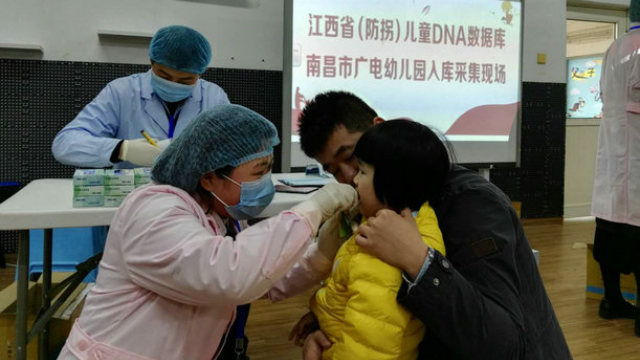
In the northwestern province of Shaanxi, some local governments have accelerated work to collect blood samples from men in each household, including primary school students. To give blood is mandatory, and residents are demanded to cooperate.
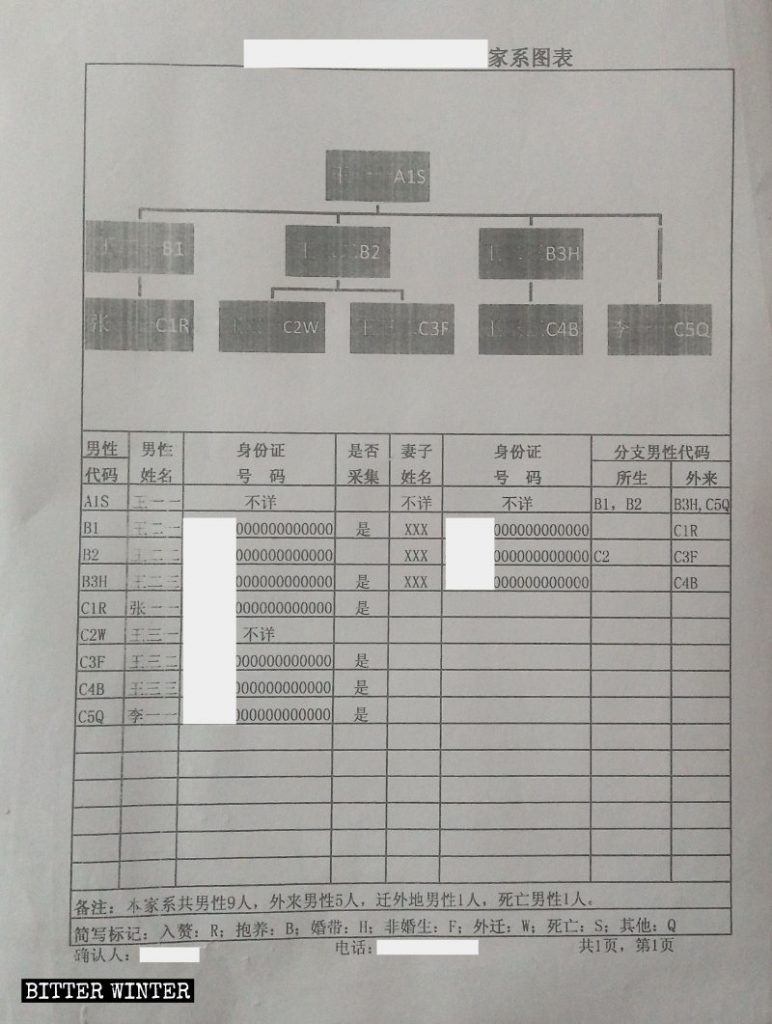
Village residents in Baqiao district of Xi’an, the capital of Shaanxi, received in July a notice about blood sample collection on WeChat, a Chinese messaging site. “Recently, work has been started to collect blood samples for a nationwide DNA genetic database,” the message reads. “The police station has sent specially-assigned personnel to collect samples for free. For families with five male members, blood samples are collected from one male. For families with between five and 25 male members, blood samples are collected from two males. Those who do not provide a sample prior to the deadline will be responsible for the consequences.”
On July 24, a village official, accompanied by officers from the police station, went door to door in the village to collect blood samples from male heads of each household. Those who weren’t at home were required to go to the police station the next day to give blood.
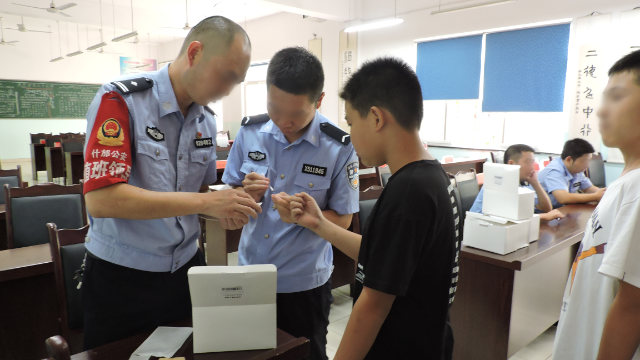
A villager revealed to Bitter Winter that when he told police officers that he was nearing the end of his life, and it was pointless to collect his blood, one of the policemen responded that even if he died tomorrow, his blood sample was needed today.
When some villagers questioned how the blood samples would be used, the police evaded a straight answer and only mentioned that it was done to build a DNA database to “prevent people from going missing.” The answer didn’t appease some villagers. “With this DNA database, people can be tracked wherever they go,” one of them said.
DNA used to suppress minorities and harvest organs
Bitter Winter has obtained a registration form, issued by a city in Xinjiang Uyghur Autonomous Region, for compiling residents’ data, from basic information about each person and his or her family, friends, social and religious connections to their 3D images, handwriting samples, fingerprints, DNA, iris scans, voice patterns, and other biometrics.
As the New York Times reported in February, collecting genetic material is a key part of China’s campaign to make Xinjiang’s Uyghur population subservient to the regime, and use the DNA database to chase down any Uyghurs who refuse to comply.
Fears also emerged that the CCP may use the collected DNA data for the creation of an organ transplantation database. Based on the facts regarding the comprehensive DNA collection since 2017 of every man, woman, and child from Xinjiang’s Uyghur community, the Independent People’s Tribunal into Forced Organ Harvesting from Prisoners of Conscience in China determined in June this year that an ominous pool of potential donors had been created, from which evidence of harvesting might later emerge.
Blood samples used to trace believers
The mandatory collection of civilians’ DNA data not only seriously violates the privacy of ordinary people but also poses a threat to members of certain persecuted religious groups.

The wife of a member of The Church of Almighty God from the central province of Henan told Bitter Winter that because the police pursue her husband because of his faith, he had fled home and now lives in hiding. Recently, the local police sought her out and said to her that if she wants to find her husband, a sample of her son’s blood must be collected. That way, if her husband falls sick and is hospitalized, the police can track down his whereabouts through the DNA database.
Source: Bitter Winter




